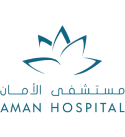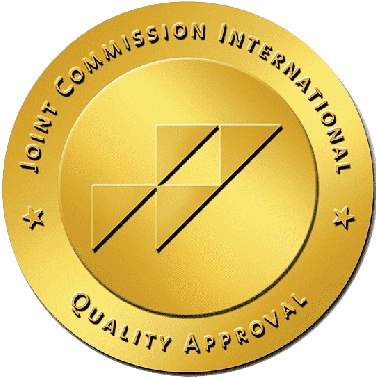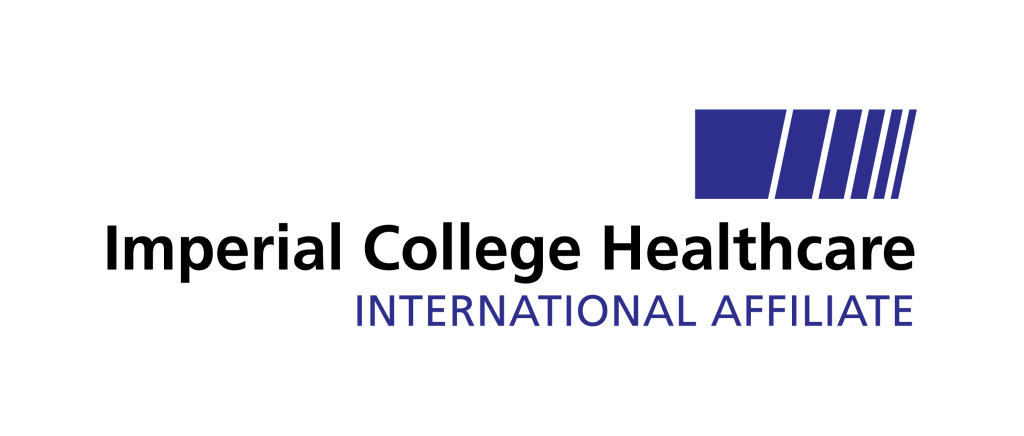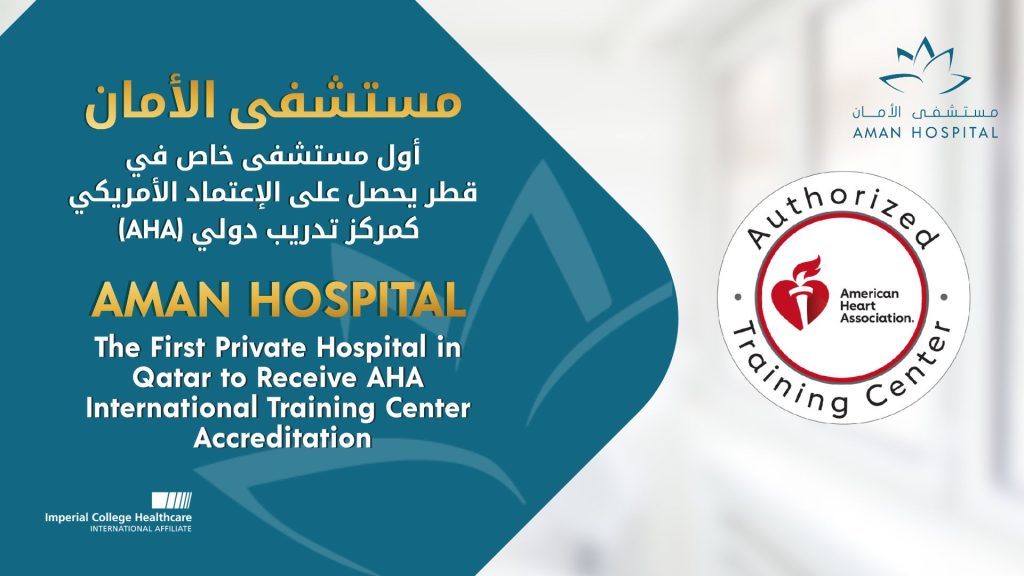Overview
- Myocardial infarction (heart attack)
- Heart failure (poor heart pump function)
- Cardiac arrhythmias (life threatening abnormal heartbeat)
- Limited exercise tolerance due to angina (chest pain) or dyspnea (shortness of breath)
Mission and Vision
The mission of our unit is to provide an exemplary level of care and outcomes to our patients with heart blood vessel disease. The highest quality of integrated diagnostics and the latest evidence-based and multidisciplinary practice will be applied to serve our population. Our Vision is to be a distinctive and state of art center that manages patients at risk and patients with coronary artery disease with transformative cutting-edge science and patient-centered care.
A Multidisciplinary approach
The multidisciplinary team involves distinguished cardiologists, Exercise and Physical therapy specialists, dedicated dietitians, an experienced team of nurses, and a well-trained number of coordinators. All our team members work in a structured manner to make sure our patients are receiving a thorough and customized treatment for CAD. Our Specialists in the Coronary Macro & Micro vessel Disease unit help patients who:
- Have important symptoms (chest pain or shortness of breath) of unknown cause that require special expertise to diagnose its cause
- Have significant disease and/or symptoms and need treatment (such as medications, angioplasty, stents or coronary artery bypass surgery)
- Have been diagnosed with CAD and are looking for ways to control the condition and prevent future blockage
- Want an expert opinion about the best way to treat their CAD and trying to choose between coronary artery bypass surgery and a catheter-based procedure
- Have significant blockage or ischemic heart disease and have been told they are not eligible for further traditional treatment options
Diagnosis
Our cardiologist collects medical history from each patient, perform a physical exam and order routine blood tests. He or she may suggest additional diagnostics including:
An electrocardiogram records electrical signals as they travel through your heart. An ECG can often reveal evidence of a previous heart attack or one that’s in progress.
During an echocardiogram, your doctor can determine whether all parts of the heart wall are contributing normally to your heart’s pumping activity.
Parts that move weakly may have been damaged during a heart attack or be receiving too little oxygen. This may be a sign of coronary artery disease or other conditions.
If your signs and symptoms occur most often during exercise, your doctor may ask you to walk on a treadmill, a stationary bike, or pharmacologic stress test with ECG monitoring. Sometimes, an echocardiogram is also done while you do these exercises. This is called a stress echo.
Cardiac catheterization is an invasive diagnostic procedure that provides important information about the structure and function of the heart. It usually involves taking X-rays of the heart’s arteries (coronary arteries) using a technique called coronary angiography or arteriography.
A CT scan of the heart can help your doctor see narrowing in the coronary arteries in your heart vessels. Preparation for this test may require taking a medication to control your heart rate and on the day of the test an IV line is inserted for contrast administration.
A cardiac MRI test can help confirm that areas of the heart muscle are not well supplied with blood in addition to learning if these areas are still alive and can be saved.
To evaluate for endothelial dysfunction, microvascular dysfunction, and significant myocardial bridging. During this test, your coronary vessels will be injected with pharmacological agents and the resistance and blood flow in the large coronary and micro (small) coronary vessels not visible by angiography will be measured. Depending on the results, we can tell if the abnormalities in the blood flow in the small vessels are the cause of your chest pain (angina) and drug treatment can be tailored accordingly to address this issue.
Treatment options
Our goal is to provide you the best possible treatment that keeps you healthy and active.
Obstructive Coronary Artery Disease
We use cardiac catheterization to look for narrowed or blocked arteries and to determine their severity and urgency.
Multiple options are available depending on your condition:
- Lifestyle Changes and Medication
- Minimally Invasive Procedures
- Surgery
After treatment, you may need regular checkups. Our team of cardiologists, nurses, and dieticians provides all possible follow-up care.
Non-obstructive Coronary Artery Disease
This less common form of CAD occurs when your heart’s arteries inappropriately constrict, malfunction after branching into tiny vessels, or are squeezed by the overlying heart muscle. While much work remains to fully understand non-obstructive coronary artery disease, our doctors lead the way in providing answers through ongoing research to improve diagnosis and treatment.
What we offer you for non-obstructive coronary artery disease?
- Recognized specialists in non-obstructive coronary artery disease with extensive experience in treating complex conditions
- Advanced diagnostic testing for those with chest pain but no blockages, including testing for endothelial dysfunction, microvascular dysfunction, and myocardial bridging
- Team-based care that bring together specialists from interventional cardiology and imaging
- A fully tailored fitness program prepared by our exercise specialist who will make sure to keep you moving in the healthy direction
- Extensive lifestyle support to lower stress, improve diet and promote health
Spontaneous Coronary Artery Dissection (SCAD)
Spontaneous coronary artery dissection (SCAD) happens when layers in the artery wall tear apart without warning, and partially or completely block blood flow to the heart. This condition typically presents as a heart attack and is often misdiagnosed. SCAD most frequently affects women, many of them young and otherwise healthy.
- Recognized specialists in non-obstructive coronary artery disease with extensive experience in treating complex conditions
- Advanced diagnostic testing for those with chest pain but no blockages, including testing for endothelial dysfunction, microvascular dysfunction, and myocardial bridging
- Team-based care that bring together specialists from interventional cardiology and imaging
- A fully tailored fitness program prepared by our exercise specialist who will make sure to keep you moving in the healthy direction
- Extensive lifestyle support to lower stress, improve diet, and promote health
Meet The Doctors
FAQs
- Qatar ID / valid passport
- Insurance card
- Laboratory studies (in case available)
For insurance and price inquiries, please contact our call center at +974 4400 4400 between 8 am to 10 pm.
The Coronary Macro & Micro vessel Disease Specialty Unit in Aman Hospital is located at the following address: Ground Floor, Outpatient 1.
We recommend you allow enough time to park to ensure you arrive on time. Please plan to arrive 30 minutes prior to your appointment time. Our valet parking is here to assist you, take your car and park it safely in our underground parking.
Always feel free to bring someone with you to your appointments. A family member or friend can help ask questions, remember the information your care team gives you, and provide support.
Please call our call center at +974 4400 4400. They are available from Saturday to Thursday from 8 am to 10 pm to help you reschedule or cancel your appointment.
Our Support Services
- Specialized physical therapist who helps you to improve your joint pain and muscles strength, informs you on the proper ergonomic postures to prevent back pain, and customizes a targeted program that fits your health status. For any inquiry, please contact +974 4400 4400.
- Dietary services will guide you and your family regarding healthier food choices in case of dyslipidemia, diabetes, obesity and hyperuricemia. For any inquiry, please contact +974 4400 4400.
- Pharmaceutical services will guide you regarding your medications and/or biologic treatments: administration mode, timing, side effects, management in case of infection and address any question that may arise. For any inquiry, please contact +974 4400 4400.
- Nursing services for patient education who will provide you with all the information about your disease and treatment and answer your questions. For any inquiry, please contact +974 4400 4400.
- Healthcare practitioner who will coordinate all your appointments and make sure to schedule the appointments at your convenience. For any inquiry, please contact +974 4400 4400.
- Financial team who is here to secure your insurance approvals on time and assist you with any financial inquiries. For any inquiry, please contact +974 4400 4400.






